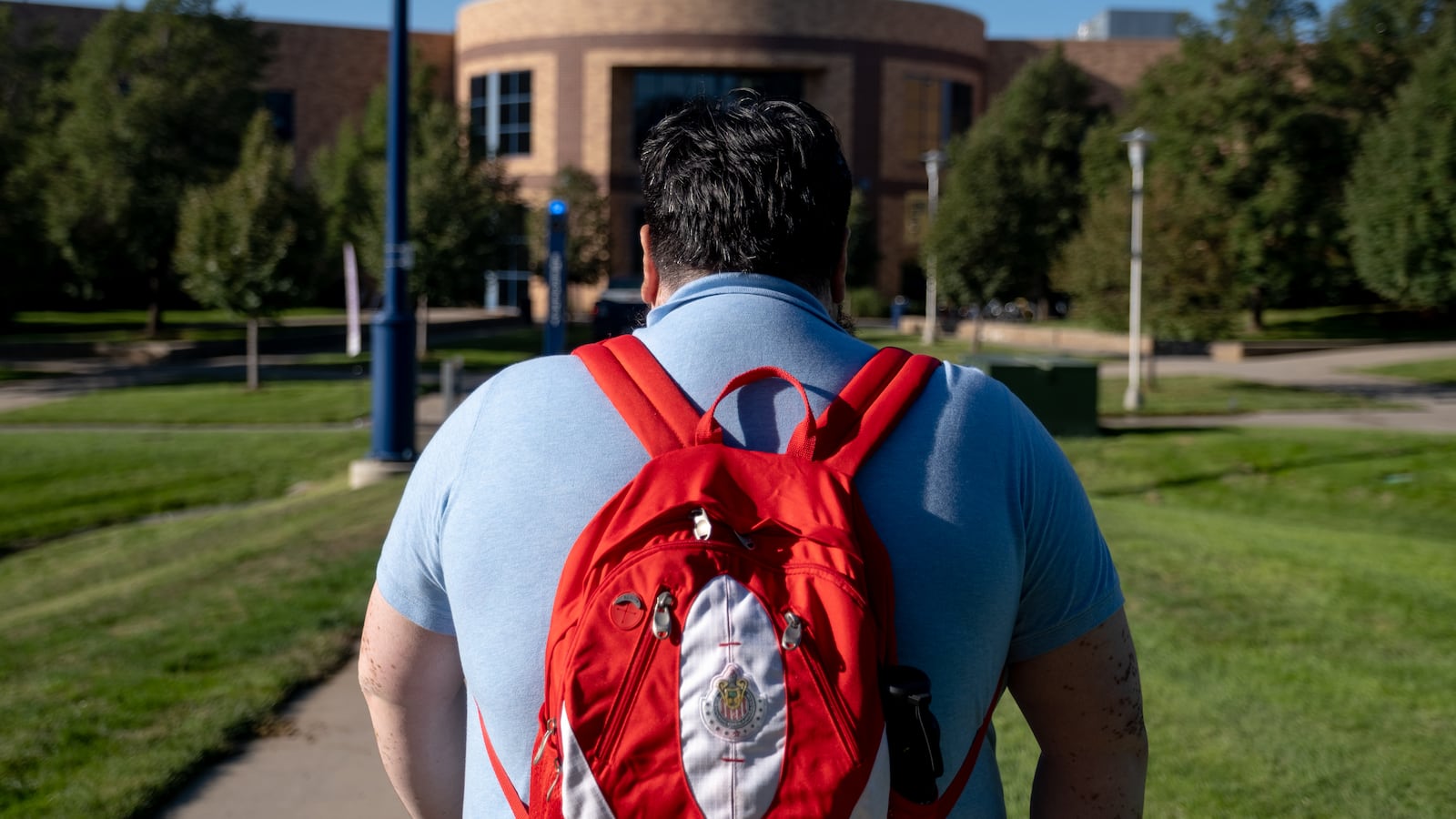
Reginaldo Haro-Flores knew finishing college would be an uphill battle.
As the first in his family to go to a four-year university, he faced a struggle to pay tuition, buy textbooks and supplies, and balance a job while still helping to support his parents, who questioned the value of a college education.
Haro-Flores enrolled at the University of Northern Colorado in 2016, among a growing number of Latino Coloradans in the past decade heading to college. But like many in this wave, Haro-Flores never finished, contributing to the persistent gap in college completion.
Even as a more diverse group of students have enrolled in college, Colorado’s ethnic and racial gaps among bachelor’s and graduate degree holders barely budged from 2010 to 2020, Census data shows.
The gaps are even wider among those earning any type of postsecondary credential. As of 2020, almost 60% of white residents held some kind of college credential, including industry certificates. But only 38% of Black residents and 25% of Latino residents did.
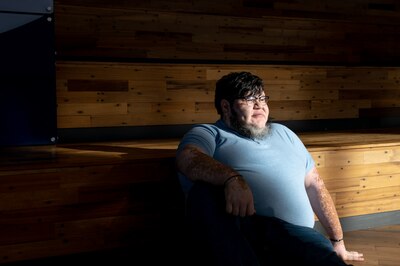
While other states also have gaps, the Centennial State has some of the largest in the nation between Black and Latino residents and their white counterparts.
The fissure will likely widen when the full impact of the pandemic becomes clear as students dropped out or chose not to attend college altogether. A healthy job market also has made residents question whether a degree was worth carrying long-term college debt.
Haro-Flores never expected his journey to mirror these state trends. In 2018, struggling to pay tuition, he dropped out of college. His parents’ immigration status meant his financial aid options were limited. He re-enrolled at UNC in 2019, but the pandemic forced him to quit again. He disliked online classes and wanted to work full time to help his parents, who had been laid off from seasonal jobs in warehouses and nurseries.
For some time, Colorado has wanted to shift away from importing a large number of educated workers to producing them. Part of its strategy includes earmarking $49 million in federal pandemic relief money to identify students who left school without finishing and help them complete their degree.
The need is pressing, as the demand for more workers with college training and Colorado’s sharply rising cost of living have complicated employers’ efforts to recruit and retain employees.
Former State Sen. Mike Johnston said the state has relied too long on bringing in talent from elsewhere.
“We’ve ridden that strategy as long as we can,” Johnston said. He is president and CEO of Gary Ventures, a philanthropy dedicated to helping increase school readiness, youth success, and economic mobility.
“We’re going to have to now prepare our own young people with the skills they need to enter the jobs we have, that will give them the income they need to pay for the housing we have,” he said.
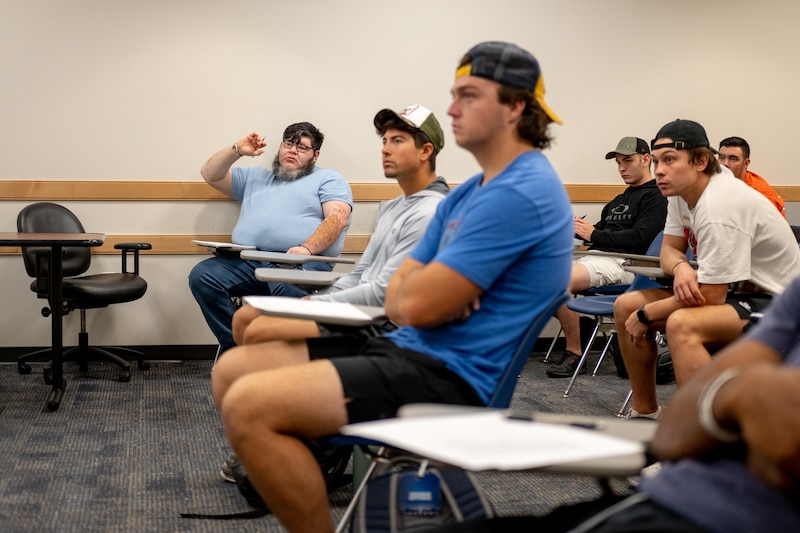
The old challenges collide with the new
Chalkbeat Colorado examined college-going trends as a part of Chasing Progress, a Colorado News Collaborative project on social, economic, and health equity among Black and Latino Coloradans.
Colorado’s low college-going rates have deep roots and complicated causes. Only half of all high school graduates enroll in college at all. Black and Latino high school graduates, who often attend under-resourced schools and have less support, go at much lower rates. When they get to college, many never finish. And the state has underfunded higher education for years, which means schools have less money to support students to graduation.
Census data released this year shows that in 2020, 48% of white residents held a bachelor’s degree or higher. That’s 21 percentage points higher than the portion of Black adults and 31 percentage points higher than Latinos.
State data shows those disparities grow when comparing other types of college training, such as industry certificates and associate degrees.
Colorado is aiming to get some of the 700,000 residents who have some college but no degree back on campus.
The pandemic still poses challenges. Nationally, college enrollment has dipped by nearly 1 million students since COVID hit.
The state will need to persuade more residents that college matters, even though entry-level jobs now offer wages that are higher than ever.
More people question the value of college and the risk of high debt for it, said Iris Palmer, New America’s deputy director of community colleges. The research institute advocates for equitable access to education.
“That’s starting to erode how people think of higher education,” she said.
The state aims to equip 66% of residents with a college certificate or higher by 2025, but the compounding issues make the goal seem more elusive than ever.
Without access to higher-paying jobs, the majority of Black, Hispanic, and Native American Colorado residents are getting left behind, said Courtney Brown, Lumina Foundation vice president of impact and planning. The foundation pushes for more equitable access to higher education and has helped states set goals. (Lumina is a funder of Chalkbeat. See our funders here and read our ethics policy here.)
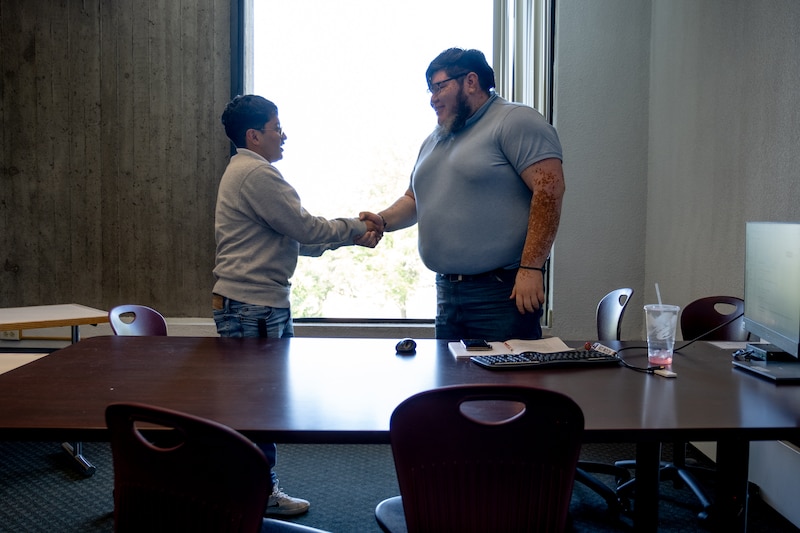
How to get students to finish what they started
Colorado leaders are taking steps to create more opportunity.
The state has encouraged high schools to add college-level classes to help students earn certificates. It created a scholarship in 2014 to offer tuition assistance and other support for students needing it.
In the past two years, the state named a statewide equity officer to focus on narrowing persistent gaps and convened lawmakers and community leaders to come up with a plan to tap into pandemic relief money to connect college students to jobs.
While those programs show success, the state still falls short, said Colorado Department of Higher Education Executive Director Angie Paccione.
That’s why the state has added more programs. They show promise, Palmer said. For example, 30 college campuses have adopted Finish What You Started, a program modeled after a successful Pueblo Community College initiative. The state aims to serve about 9,000 students by 2026.
The program provides financial aid for students to return to college and coaching to figure out individual college plans, as well as ways to stick to them and find a job after college. Coaches also help students find help on and off campus that could put food on the table or care for children.
While money is a huge incentive, helping students believe they can finish college is vital, said Richie Ince, director of the Pueblo model called Return to Earn. He and his employees check in on each student every other week to offer advice, encouragement, or connections to resources.
“I think we’re really successful because of that personal touch and just kind of looking out for them, really from the time they come back to the time they finish,” Ince said.
The Finish What You Started program brought Haro-Flores, now 24, back to school. He heard about it from one of his former high school advisers. The aid and counseling he’s received has felt almost too good to be true, he said.
He wouldn’t have gone back to school for a third time without the program and its funding, he said. UNC’s Finish What You Started coordinators told him they’d provide assistance for whatever he needed. That has happened, Haro-Flores said. Now he feels confident he can finish his sports exercise degree.
“This is the moment,” he said.
He hopes to graduate by 2024 and work in sports or management.
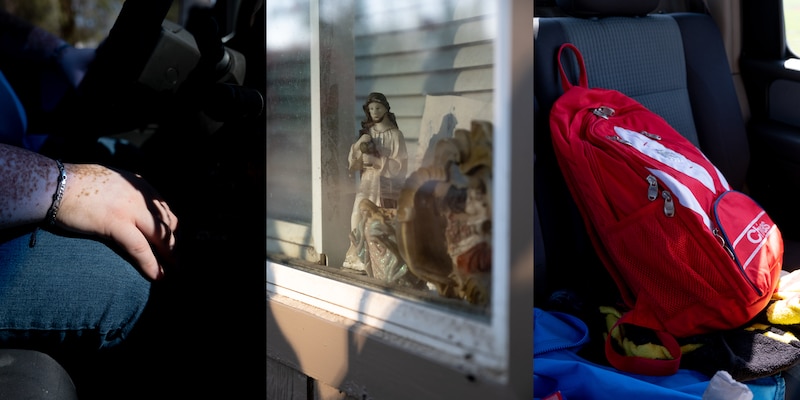
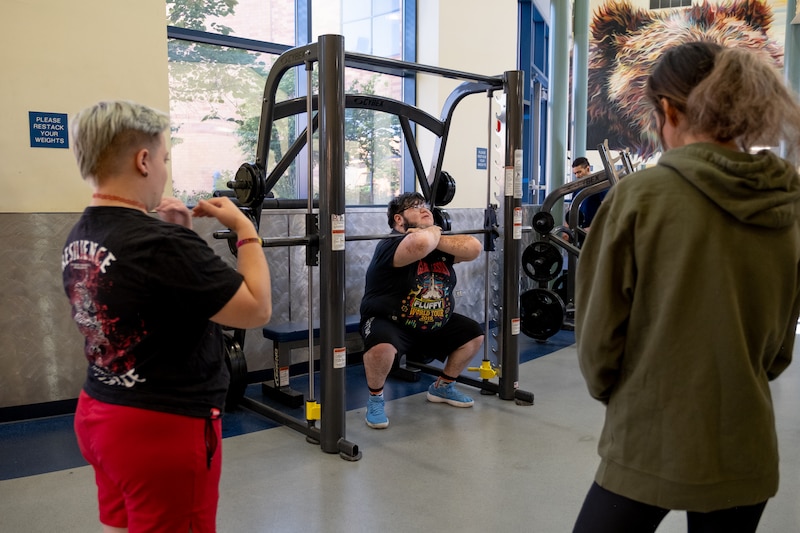
Can Colorado sustain this effort?
Advocates say Colorado, too, must finish what it’s started in promoting college completion. The state, which studies show seriously underfunds higher education compared with other states, must continue to put in more money to stay on track.
Paccione, the state’s higher education executive director, likes to tell lawmakers, “invest in students now or pay them later.”
“If you don’t invest in the students now, these are the very students who will end up on our public safety social safety net,” she said. Studies bear that out.
Studies also show that college is worth a student’s investment. Michael Itzkowitz, who works for the left-leaning think-tank Third Way, said data in recent years allows schools to highlight how well their programs get students jobs and pay off. About 86% of all public college programs produce a return on what students spend on their education within five years, he said.
And there are also social benefits. Alfred Tatum, Metropolitan State University of Denver academic affairs vice president, said college helps students connect to health care, become more civically engaged, and contribute more to the state’s tax base. Instead of the general goal of educating the greater population, state leaders should consider instead how college graduates improve communities, he said.
But relaying those benefits to students can be difficult when some are worried about cost.
Over the past two decades, the burden of paying for college in Colorado has shifted more heavily to students and families. Tuition revenue funds 74% of undergraduate college budgets and 38% of two-year college budgets. That’s higher on average than in most states.
Janine Davidson, MSU Denver president, and John Marshall, Colorado Mesa University president, said that lawmakers must adequately fund schools so they can lower costs for students and improve support for students who need more help to finish college.
Without a consistent revenue stream, college administrators and staffers worry that Colorado’s efforts will weaken once the one-time federal money dries up.
They hope that success stories, like that of Darryl Sharpton, will drive home the importance of continuing funding.
Sharpton, 46, has tried several times in three states to finish college. At last, he thinks he can stick with it. At the Community College of Aurora, he’s found more support than he’s ever received before.
He’s studying to get a degree in computer science. College has provided him with a different outlook — about his own potential and his value.
“I want a career, not just a job,” Sharpton said, who previously worked delivering pharmaceuticals.
“There are so many people that want you to succeed,” he said. “My school is really taking care of me right now.”
Tina Griego, a Colorado News Collaborative journalist, contributed to this report.
Jason Gonzales is a reporter covering higher education and the Colorado legislature. Chalkbeat Colorado partners with Open Campus on higher education coverage. Contact Jason at jgonzales@chalkbeat.org.

